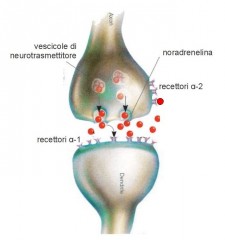BIOCEUTICA ACTS ON RECEPTORS IN THE SKIN

In the pharmacological sense is defined “receptor” a molecule that is a target receptor of a drug. The molecule may be in a cell membrane, plasma, mitochondrial or nuclear, or it can be an enzyme or a molecule of solute (for example, the molecules present in the blood).
The active ingredients contained in the drug (but the same applies to supplements) determine a conformational change in the receptor as a result of which there is the onset of a cellular response or a biological effect.
The receptor then recognizes an exogenous substance (drug) or endogenous causes, and, after recognition of a biological response within the cell. These receptors are already present naturally in our cells and are the target of many endogenous substances, such as growth factors, neurotransmitters, hormones and other substances of endogenous origin. Many drugs are developed to interact to go on the receptors, giving a biological response.
The bonds that have formed can be varied: from weak (reversible bonds) to very strong (irreversible bonds), but it is important to note that for all the bonds are to be effective, must last for a specified time. If the duration of the interaction is too short, there is the risk that the receptor is not able to change, so do not face in time to transmit the signal inside the cell. If the duration of the interaction is too long, however, is likely to prolong the biological response, going to also cause a desensitization of the receptor.
Even bioceutic products act on the receptors of the skin: Bioceutic Molecular products which incorporate a series of selected active principles and synergistic acting on the receptors to determine a response / solution to the various problems of the skin.
Not so simple skin cosmetics, but something deeper and more effective, able to speak the language of our body.
The line of Bioceutic Molecular Products Comiderma
